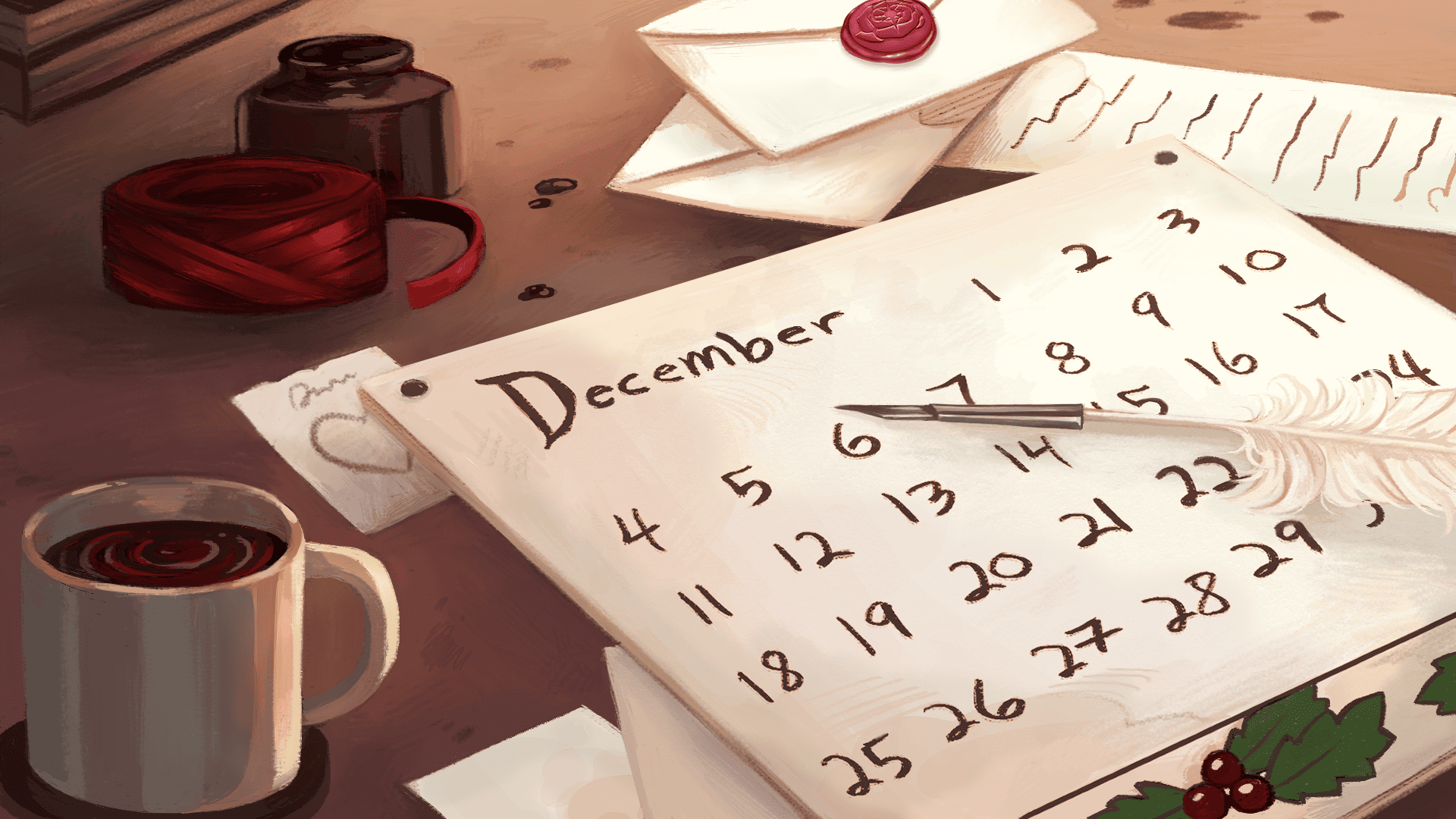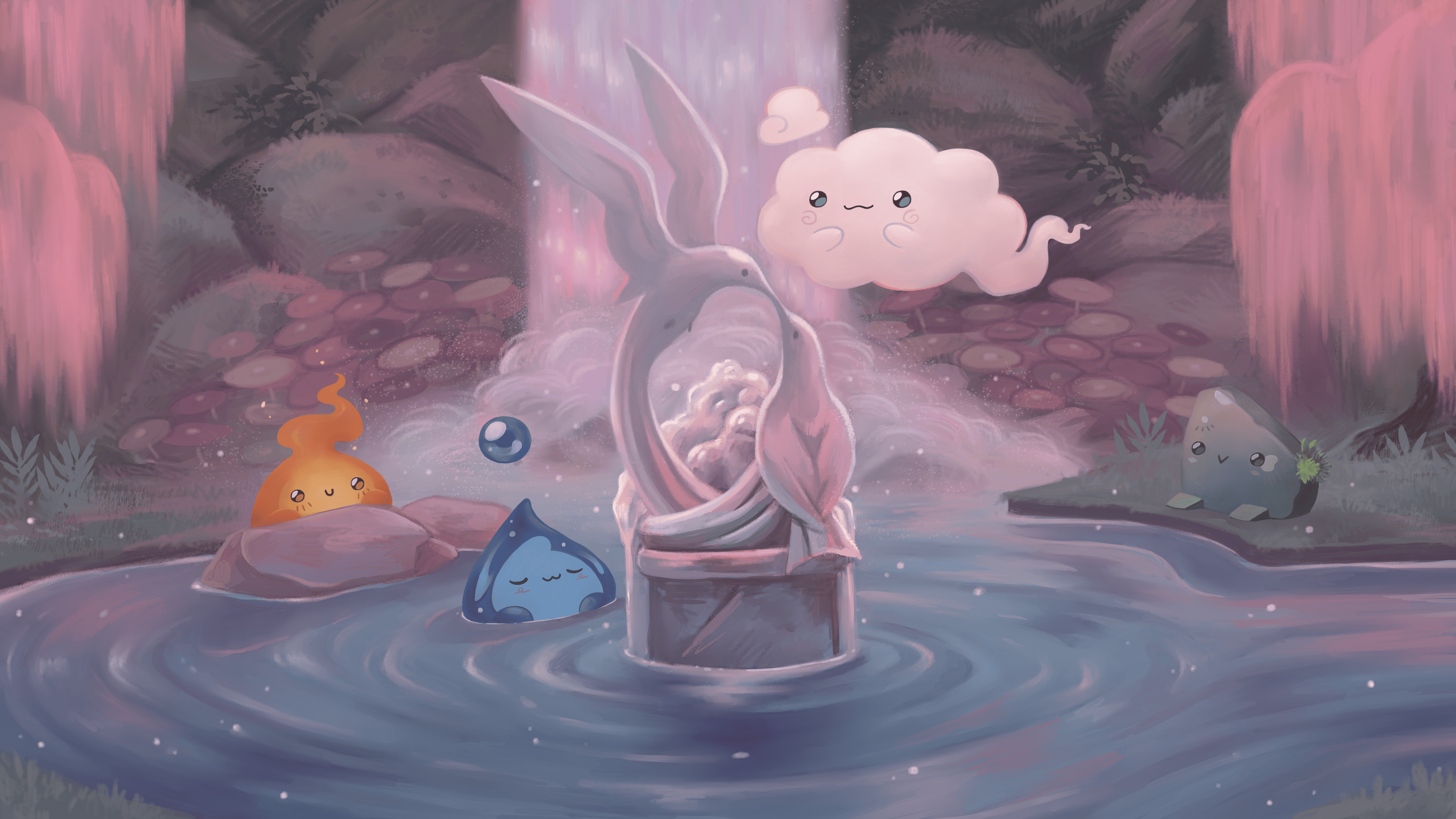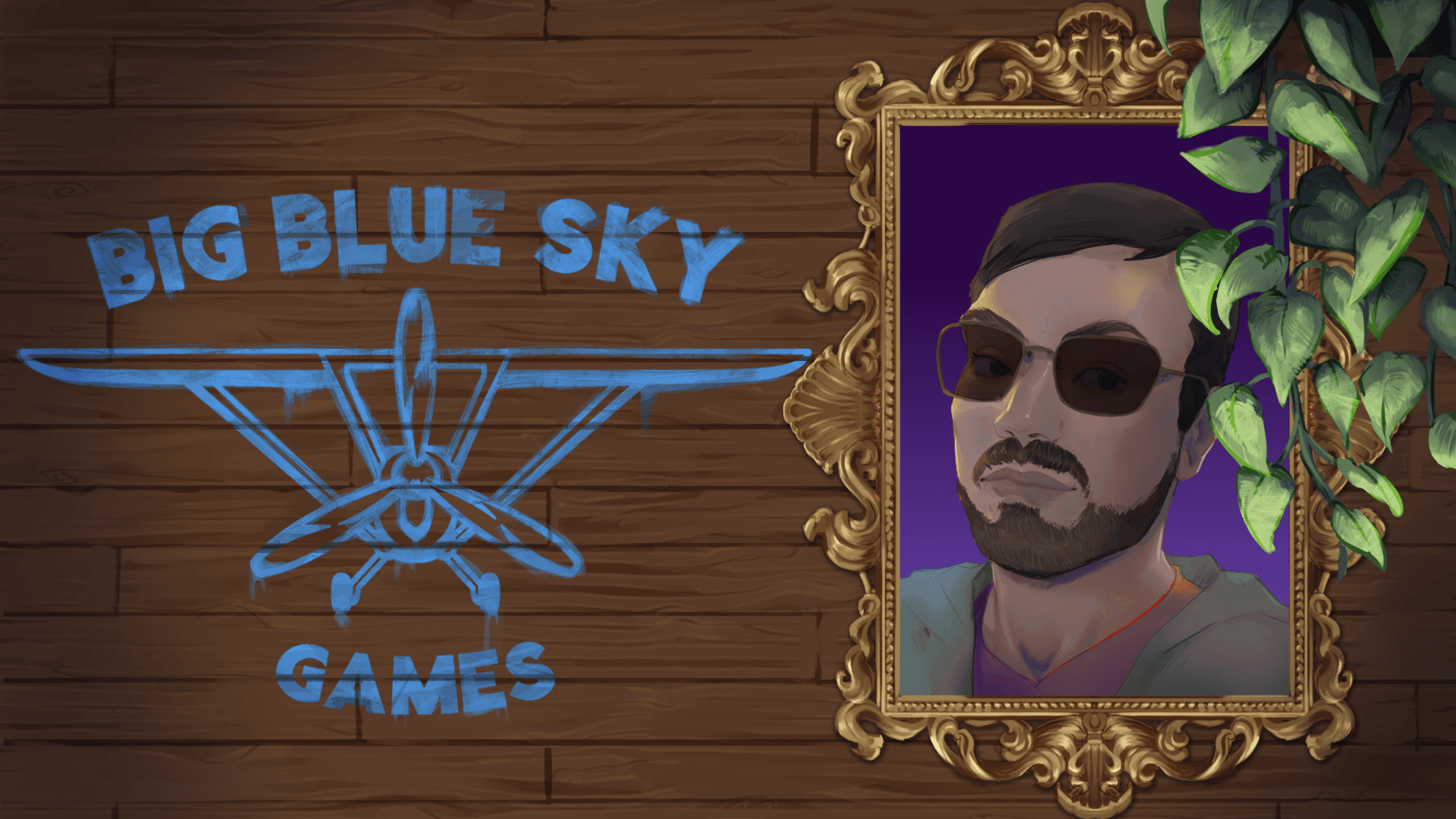While the actual date varies, every culture celebrates the start of a new annual cycle, and putting a bow on our first full calendar year here at Big Blue Sky Games feels monumental. 2024 looks to be even better, with our first game due out and plans to hire more folks to join our wonderful crew.
Having said that, 2023 was not a great year for a lot of our colleagues and friends within the industry. It was a year of needless layoffs; a year where countless people were stuck at places taking baseless risks on worthless web3 grifts; a year of loss.
If we’re going to be better than what came before us, it behooves us to talk about the unforced errors and failures that plague the industry. Those who cannot remember the past are condemned to repeat it, and all that.
So, without further ado, amongst your various top 10 listicles and puff pieces, here’s a Big Blue Sky Games year-in-review of the greatest harms inflicted upon games this year:
Catastrophic Layoffs
This was the free square on the ‘awful things that happened at game companies in 2023’ bingo card. Without fail, profitable companies will shed talented people in search of even further profit, chasing the impossible spectre of infinite growth. It was a bumper year for great games – we’ll talk more about that later – but you don’t get great games from the needless churn and burnout these constant revolving doors cause.
If you haven’t already, it’s worth reading this exceptional takedown by Stacey Henley at TheGamer. You can also visit http://videogamelayoffs.com/ to take a look at the growing pile of companies tossing talent aside. (If you like puzzles, see if you can find how many calendar weeks this year a game company didn’t let people go! Imagine working in an industry where every role feels this tenuous and you log on to news of friends losing their jobs every week.)
As I’ve said elsewhere – if you interview with a game studio, ask them to provide you with their mean retention period. Find out how long the average person working there has been there. Most places, it’s barely two years.
Put succinctly, “Layoffs from a company that is still solvent are always an economic abuse of employees.”
What Remains of Games Journalism
A robust press is an enduring necessity for a functional society, and games are no exception. Things have been bleak in the space for an entire decade now, but the layoff affliction extends beyond development to games journalism as well.
You can take in smart, critical thoughts here from Luke Winkie and Jordan Minor, the tl;dr of which is that there is no endgame for this career path. Discoverability in games is one of the most challenging problems we face; reporting on labor issues and scandals remains desperately needed. Games media continues to buckle under the weight of deleterious acquisitions and the same profit-at-all-costs motivations causing cascading failures elsewhere.
There’s more to say on M&A, but fundamentally, we’ve been reduced to a handful of individual journalists able to stay afloat as the conglomerates absorb our trusted sources and get rid of all those pesky writers that cost money.
Messy Mergers & Aggravating Acquisitions
Mergers and acquisitions in gaming are so commonplace that many of them seem a forgotten memory at most. Plenty of players probably don’t even remember when Square and Enix were two distinct companies, and it’s hard to reach into the mental vault from before Tencent took ownership or majority stake in Riot, Turtle Rock, Supercell, and others.
One of the most scrutinized examples was Activision’s merger with Blizzard and subsequent acquisition of King, all of which paved the way for the third-largest acquisition of the decade in the world (so far!) in Microsoft’s recent purchase of that amalgamation. (Bethesda, Double Fine, Infinity Ward, Mojang, Obsidian, Rare, and ZeniMax weren’t enough, I guess?)
We already know that Microsoft’s entire philosophy at this point is just to go full katamari on the entire industry, including – but not limited to – a desire to acquire Valve or Nintendo. This ongoing behavior is its own source of frustration, but also leads to the inevitable ‘restructuring’ that occurs when it turns out infinite growth doesn’t exist – Embracer Group’s layoffs and shutdowns as it cancels hundreds (!) of projects among the most horrific in recent memory, but certainly not the last.
Metaverse & Web3: Grift Apart
As games increasingly blur the line between entertainment and big tech, we’re saddled with the weaknesses of both. Whether it’s a desire to go fast, grow infinitely, or otherwise, game companies are often along for the ride on the latest problematic bandwagon.
The most visible debacles have been the twin boondoggles of the ‘metaverse’ and web3 (cryptocurrency, etc.). For the 38 people who were using it, the metaverse failing to materialize (or even have a productive definition anyone could cite) may be a loss, but it seems more likely that the average person simply never heard about it at all. Kate Wagner really put it best:
However, the astonishing size of the Metaverse’s failure; the consistent mocking it’s been subjected to; the disparity between the figures quoted by marketing and consulting agencies and reality; and the actual, insane amount of money involved should serve firstly as an overdue humiliation and secondly as a wakeup call.
All of this follows hot on the heels of the late 2022 (and largely overdue) crash correction that cryptocurrency experienced, and the subsequent death knell rung for non-fungible tokens (NFTs). A handful of people with zero understanding of software development or game architecture tried to argue that NFTs were the wave of the future for cosmetics that would move between multiple video game ecosystems (please read Christina Pollock on this), but it would appear they were unsuccessful. The collapse took place in 2022, but the obituary for NFTs was finally published this year.
(If you would like more schadenfreude, please visit https://web3isgoinggreat.com/ for additional delicious morsels.)
AI: Ain’t It
Arguably one degree less worthless than web3 and the metaverse, we’re now also in the business of contending with new flavors of garbage from large language models (LLMs) and other generative AI tools.
Despite calls by experts to pause AI development and a slew of ethical concerns, it remains the fetch thing tech companies are chasing at all costs to try and – you guessed it – sustain infinite growth. Nevermind that the inputs were stolen and the outputs are derivative or openly harmful, it might make money!!
Also, lest we forget, the U.S. Copyright Office decided in March 2023 that anything created using generative AI cannot be protected by copyright, so most of the year was spent circling this drain for nothing.
We’ve already made our position on generative AI public – and, in fact, include language in all of our contracts stipulating staff, contractors, and vendors cannot use it. We hope other companies will join us in doing the same.
What Do All of These Award-Winning Games Have In Common?
Tears of the Kingdom in May. Baldur’s Gate 3 in August. Super Mario Bros. Wonder in October. There are dozens (dozens!) of other incredible games that came out this year, but these three feel like cogent examples for the purposes of our argument here: developer retention.
If you Google (which, yes, not as reliable a metric as it used to be) for “retention” in the games industry, the results are exclusively about player retention. Worrying about keeping devs around is silly! There are thousands of people lined up around the corner waiting for your job if you don’t want it!
The alarming reality in games is that people in key roles have, on average, less experience and less tenure than their counterparts in tech and elsewhere, heavily informed by the amount of crunch, burnout, and turnover occurring. From Bain & Company:
To address high attrition rates and to support the industry’s growth, companies will need to hire more talent from other industries, and they won’t be able to rely as much on passion for a company or its games to counterbalance other issues.
Many of the best games of the year can point to the studio’s high retention, low turnover, even having creatives who have stayed with the studio or franchise for multiple decades. It does seem sort of bonkers to have to say, “Letting people keep doing the same thing for a long time makes them better at it!” And yet, here we are.
On Top of Everything Else, We’re Losing the Games, Too
This one hurts. In July, the Video Game History Foundation released their study on the contemporary availability of games released between 1960 and 2009, and they found that only 13% of games from that time period still exist in a playable state.It doesn’t look like this is going to improve in the digital era, either. Shawn Layden, former PlayStation US chairman, put it bluntly:
“I’m hoping that more people in the industry, certainly the big players, begin to realize that there’s an obligation and responsibility. This isn’t throw-away stuff we’re making. This is stuff that should be around for a long time because future generations will enjoy it in the same way that we have and it’s criminal that we’re not doing more to protect it.”
The industry has no incentive to take action on this. “Like any media business, the game industry has its own commercial interests, and we can’t expect them to make history their top priority and preserve every single video game,” Phil Salvador says.
One of our aspirational goals at BBSG is to make sure older games, like Materia Magica, remain available to players. It’s the right thing to do.
From all of us here at Big Blue Sky Games, thanks for reading. It’s important not to let this stuff be glossed over or forgotten as the page turns, and we are going to fight like hell to make things better in the years still to come.
– Kevin Hovdestad, Game Director



